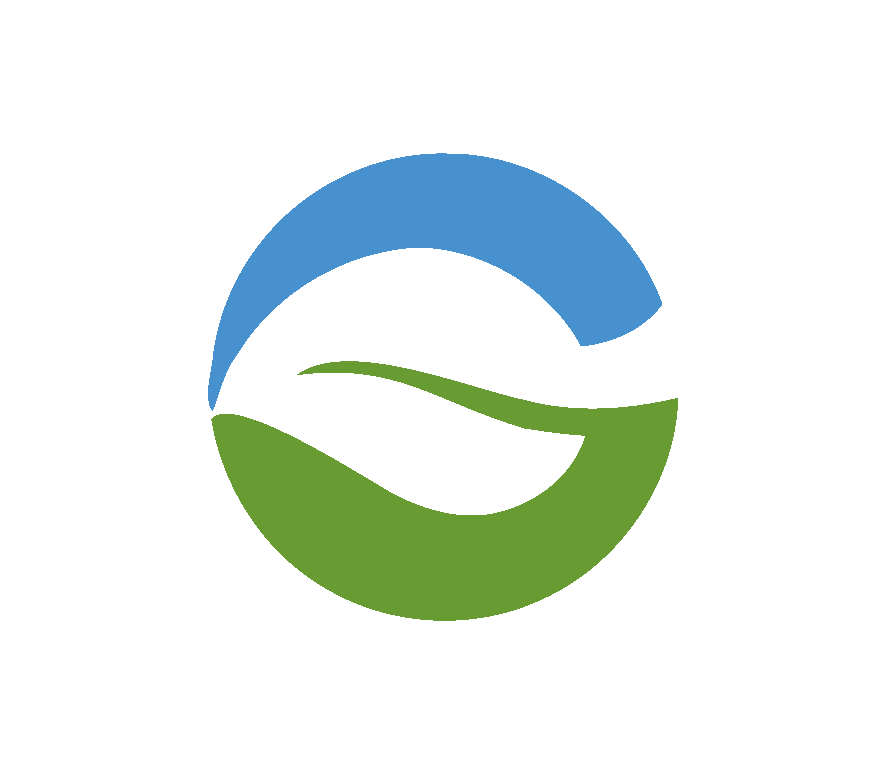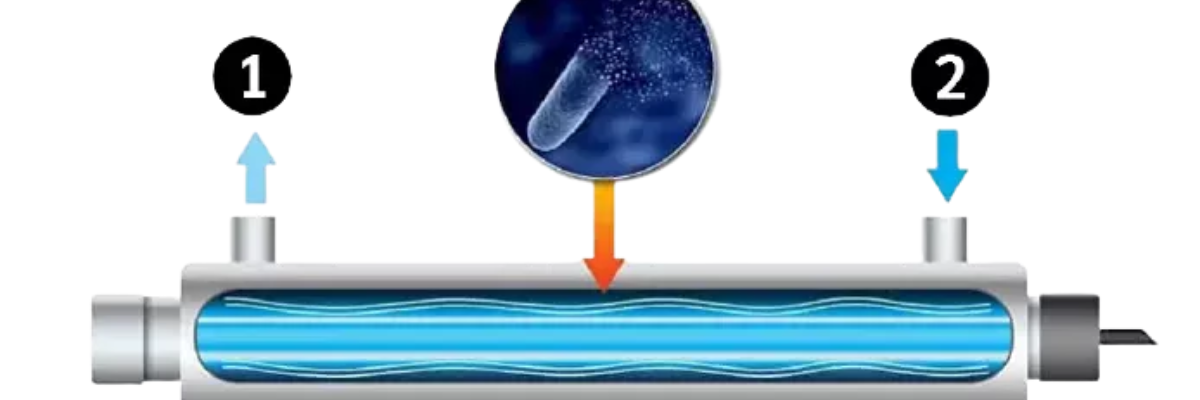UV sterilization in water treatment offers several advantages:
- Effective Disinfection: UV light is highly effective at inactivating a wide range of harmful microorganisms, including bacteria, viruses, and parasites, without the need for chemicals.
- No Chemical Use: Unlike chlorine or other chemical disinfectants, UV sterilization does not introduce harmful chemicals into the water. This avoids issues like chemical residues, taste, or odor problems.
- Environmentally Friendly: Since no chemicals are used, there is no need for storing or handling potentially hazardous materials, and no by-products are produced.
- Fast and Efficient: UV sterilization works almost instantly, providing immediate water treatment without the need for long retention times or storage tanks.
- Low Maintenance: Once installed, UV systems generally require minimal maintenance, only needing occasional lamp replacements and routine cleaning.
- Cost-Effective: While initial installation costs can be high, the long-term operation is energy-efficient and low-cost compared to other disinfection methods.
- Safe and Reliable: UV disinfection does not alter the water’s chemical composition, making it safe for various applications, including drinking water and industrial processes.
- No Formation of Harmful By-products: UV sterilization prevents the formation of harmful disinfection by-products (DBPs) such as trihalomethanes (THMs) and haloacetic acids (HAAs), which are common in chlorine-based treatments.
These advantages make UV sterilization an effective and environmentally sustainable option for water treatment.



Recent Comments